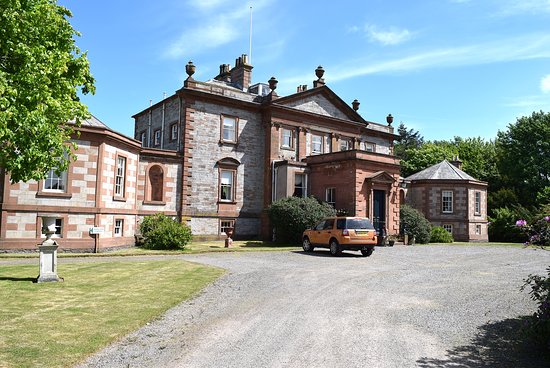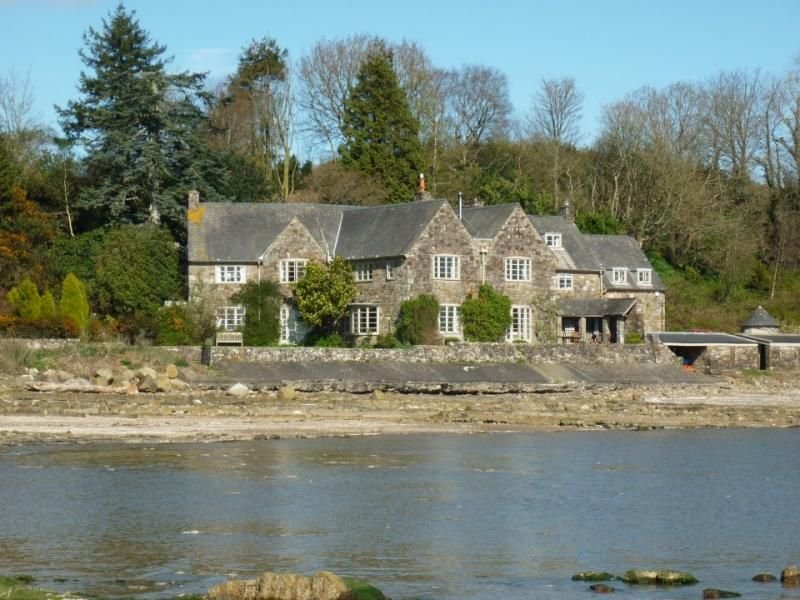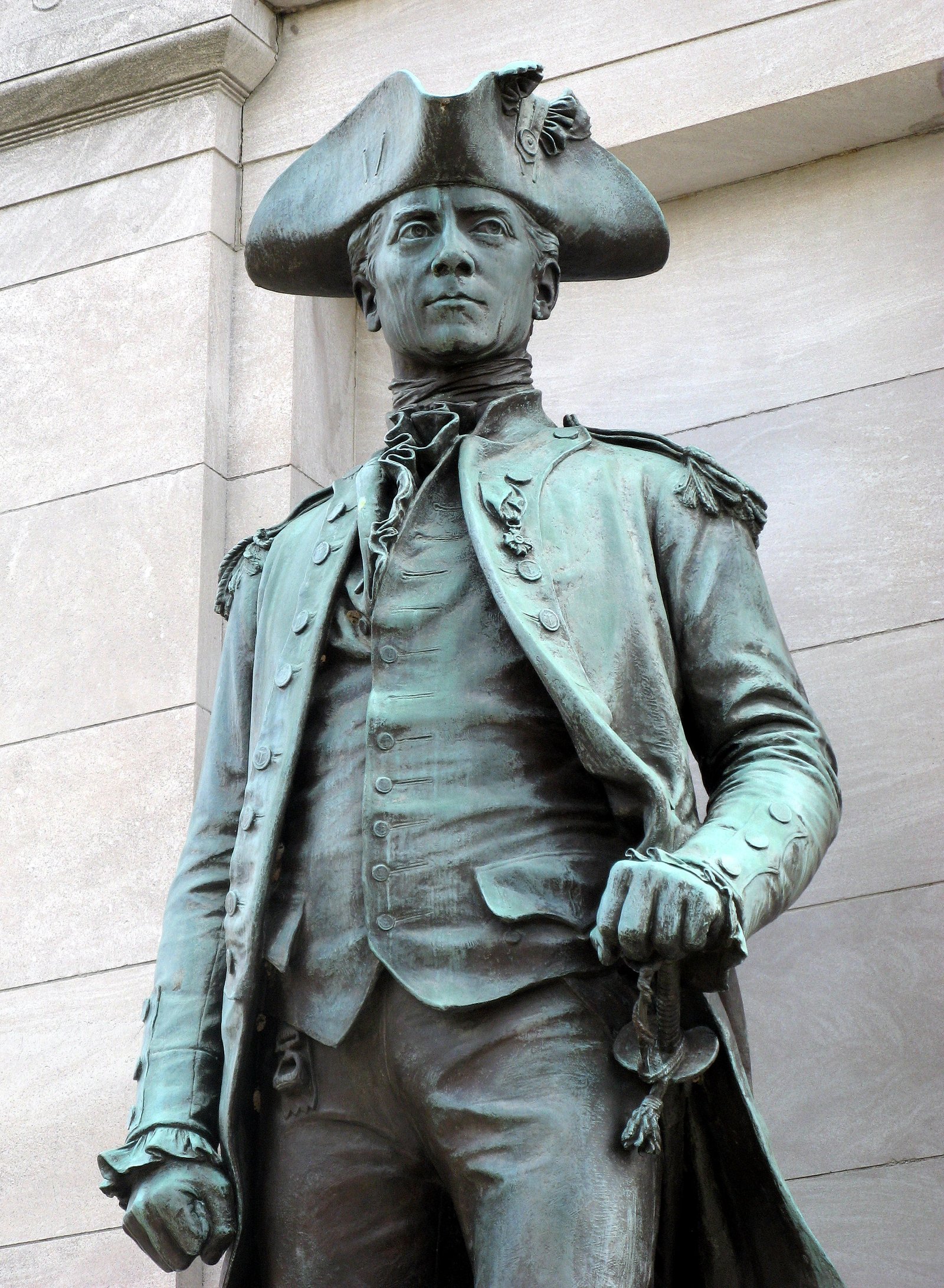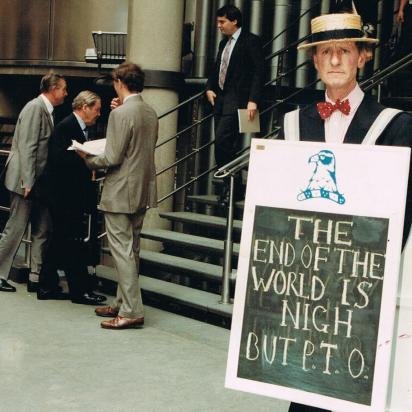
Arbigland, an estate lying on the Solway Firth in Scotland is a relatively recent addition to the Blackett family properties. The present mansion house was built in 1755 by William Craik, whose family had acquired the estate in 1679. The poet Robert Burns was a frequent visitor to Arbigland through his friendship with the daughter of the house, Helen Craik. In 1852 the property was sold to the Balfour family. Robert Balfour Stewart inherited Arbigland in 1869 but died in 1872, leaving it to his mother, who that year gifted it to her husband’s nephew, Colonel Christopher Edward Blackett. On his death without issue in 1904 it passed to his nephew, Captain William Stewart Burdett Blackett, who died of war wounds in Belgium in 1914. The Arbigland estate is still home to his descendants, although Arbigland House is no longer part of the estate.

William’s widow, Kathleen, who had legally changed her name to Blackett-Swiny following her 2nd marriage to Brig.-Gen. William Frederick Swiny in 1918, supervised the building of her dower house, “The House on the Shore”, in the grounds of Arbigland between 1934 and 1936, and lived there until her death in 1974.

In 1747 John Paul, later to be known as John Paul Jones, and regarded as the father of the American navy, was born in a cottage on the Arbigland estate, where his father was a gardener. John Paul Jones Cottage has been preserved and is now a Category A listed building.
John Paul Jones Rum was established in 2021 by Ollie Blackett, grandson of John Beauchamp Blackett (see below). It is flavoured with seaweed picked from the shore, close to his Arbigland home.
In 1970 John Beauchamp "Beachie" Blackett, younger son of Christopher William Stewart Burdett Blackett was summoned by his father to take charge of the estate after his elder brother died in a boating accident. "Beachie" Blackett was a colourful character, who in 1966 had acquired Ashdowns, a purveyor of fine fish, oysters and game in Leadenhall Market in the City of London. For three decades he presided in a straw hat, bow tie and rubber boots outside Ashdowns, and in 1987 opened a restaurant, Beauchamp's, over the shop, and above that a private luncheon club.

When business was thin, Blackett paraded in a sandwich board declaring on the front, “The End of the World is Nigh But …” and on the back, “Beauchamp’s is Still Open for Lunch”. Blackett divided his time between Arbigland and London until Ashdowns went under in 1999. He died in 2019. His elder son is Jamie Blackett, the author and newspaper columnist.
To visit the Arbigland Estate website please click here.
[With thanks to Geoff Blackett for informing us about this property.]
There is almost certainly no connection between Arbigland and Blacket Tower at Blacket House, Middlebie, about 20 miles north-east of Arbigland and south of Lockerbie. The tower is now a ruin, possibly part of the original “Blackethouse” which was mentioned as long ago as 1584 when the Blacketts were still mainly based in and around Woodcroft, Co. Durham. In Scotland “Blacket” derives from the Lowland Scots for a black wood and not from the Middle English “Blakheved”, from which the name Blackett in north-east England is derived.
Blacket Tower was said in old folklore to be haunted, and in “The Spectre of Blackethouse” is recorded:
“Of Blackett’s towers strange tales are told,
The legendary lore of old, —
That dread belief, whose mystic spell
Could people Gothic vault or cell
With being of terrific form.
And superstition bound the charm.
‘Tis said, that here, at the night’s high noon.
When broad and red the eastern moon
eams through the chinks of its vast saloon,
A ghastly phantom takes its stand
On the wall that frowns o’er wear and strand,
A bloody dagger in its hand,
And ever and aye on the hollow gale
Is heard its honorie and wail
Dying along the distant vale.
The nighted peasant starts aghast
To hear its shriekings on the blast ;
Turns him to brave the wintery wind,
Nor dares he lingering look behind,
But hurries across the moaning flood.
And deems its waters swollen with blood —
Such are the tales at Lyke-wake drear,
When the unholy hour of night draws near.
When the ban-dog howls, and the lights burn blue.
And the phantom fleets before the view ;
When ‘Red-cap’ wakes his eldritch cry.
And the winds of the wold come moaning by.
